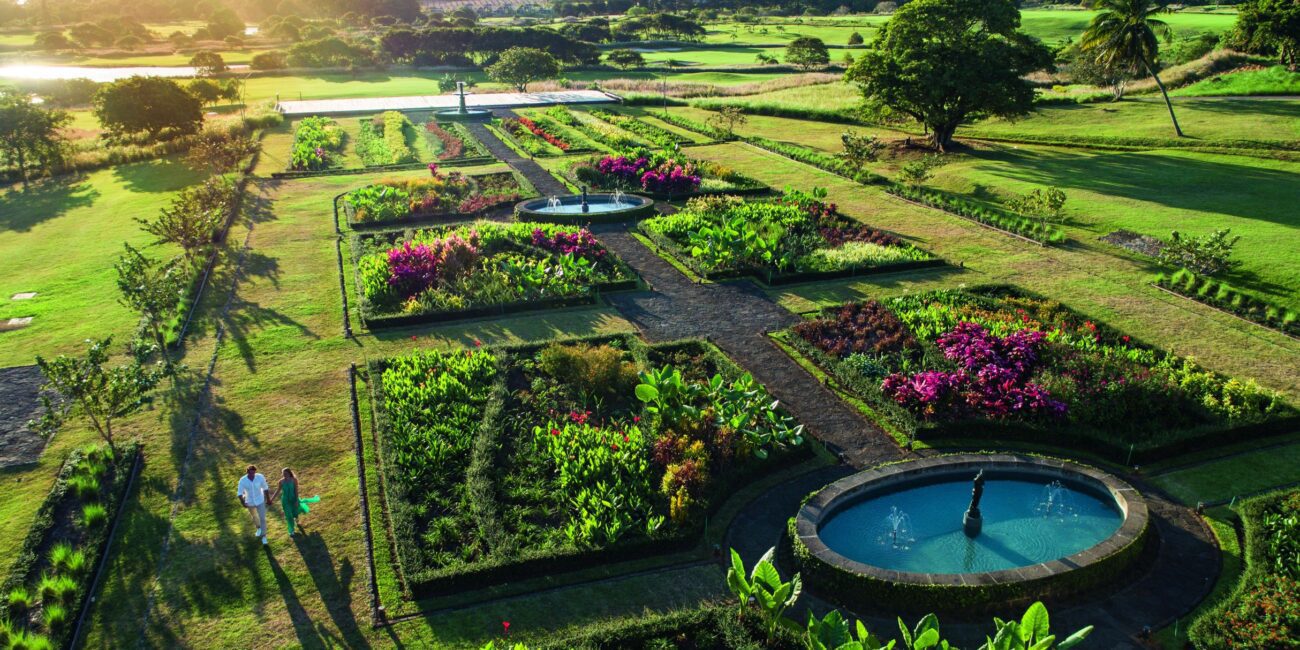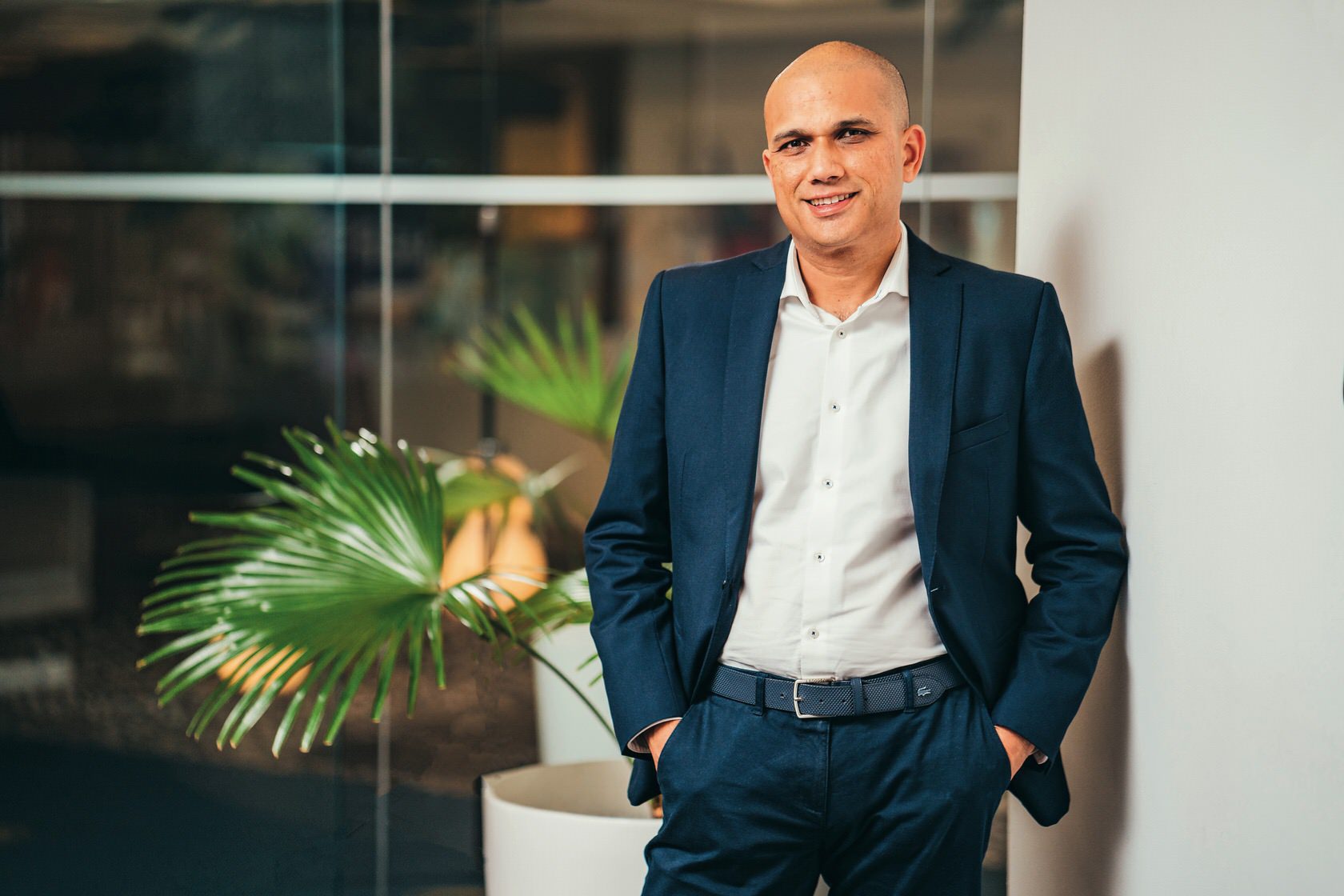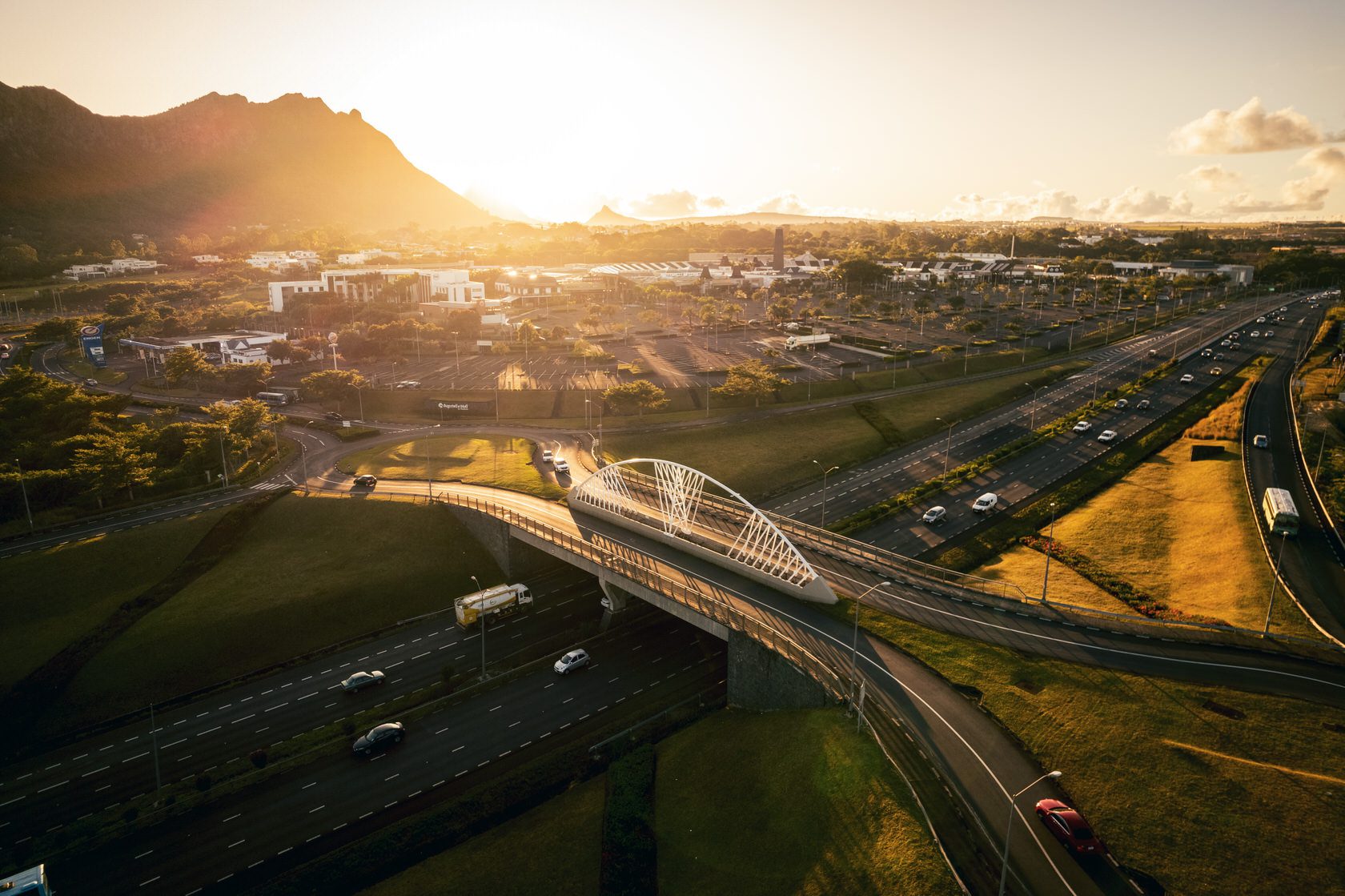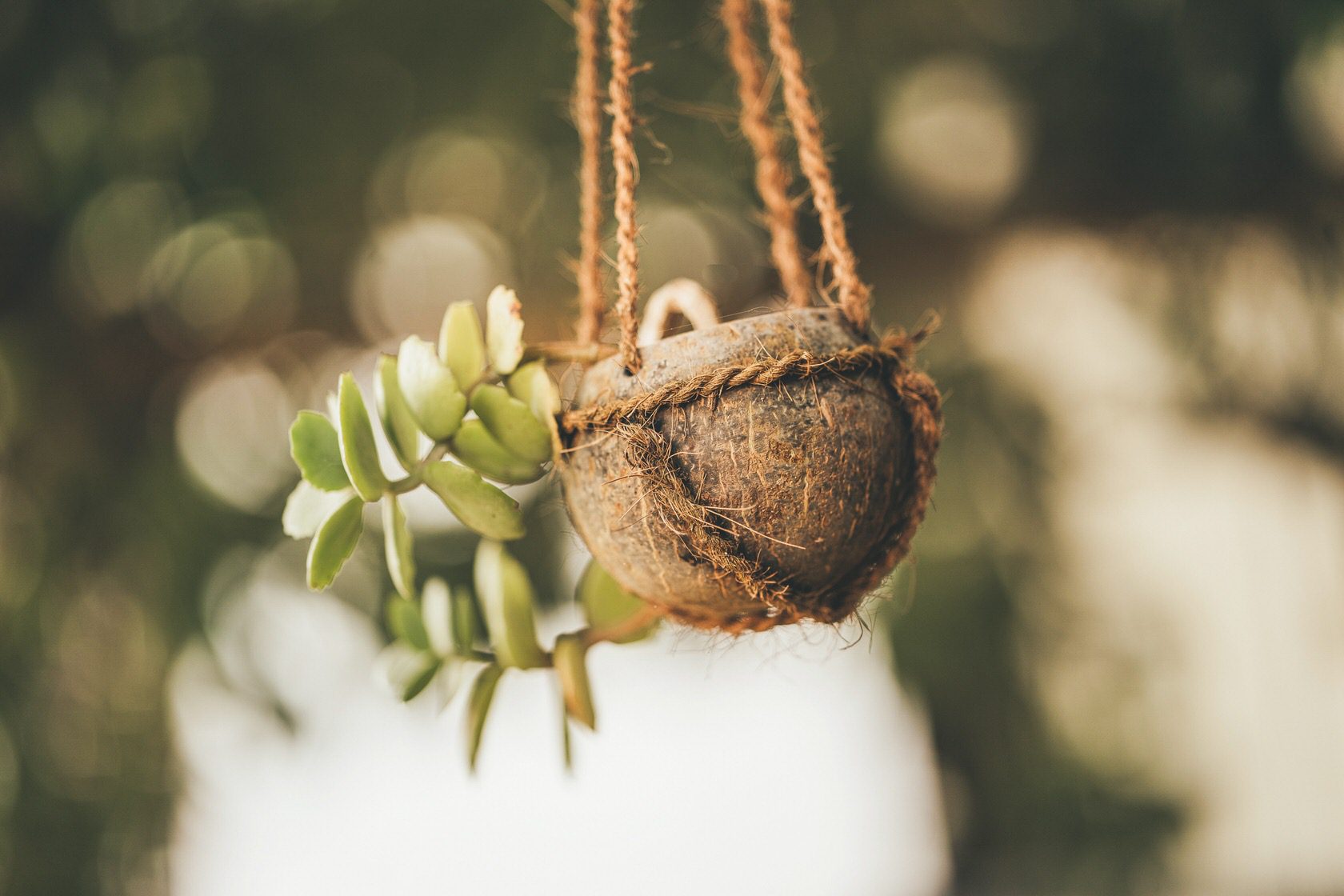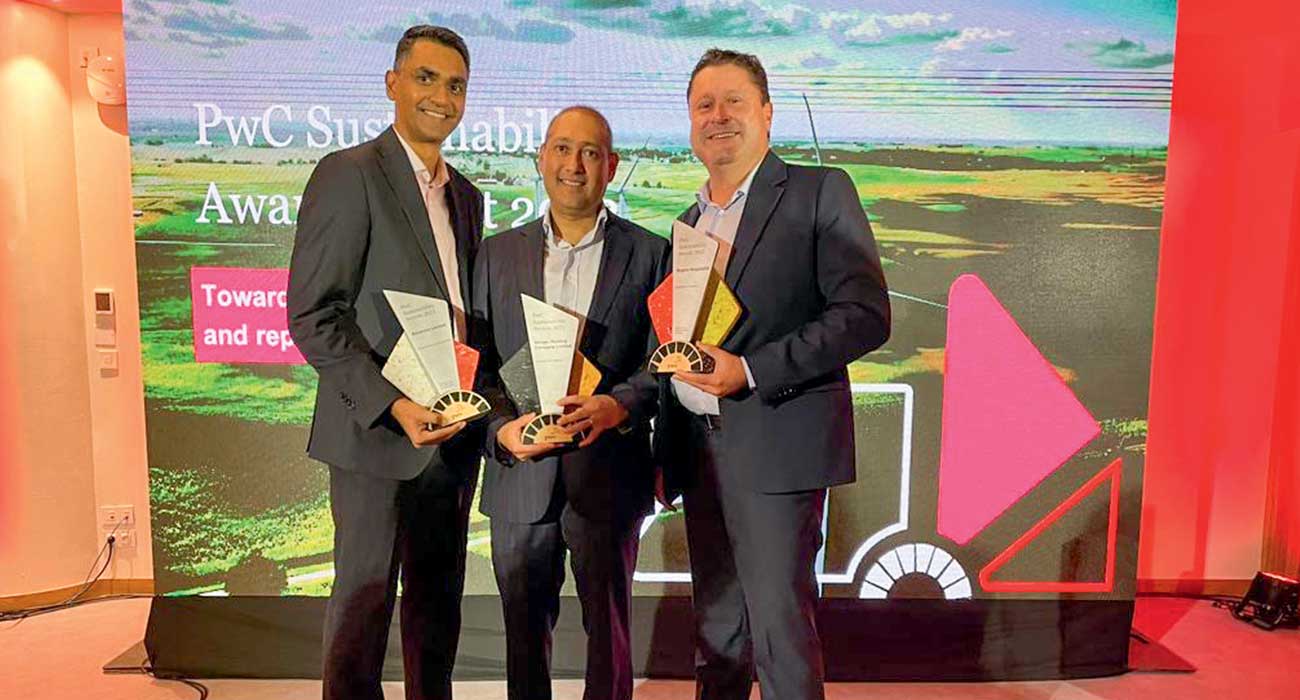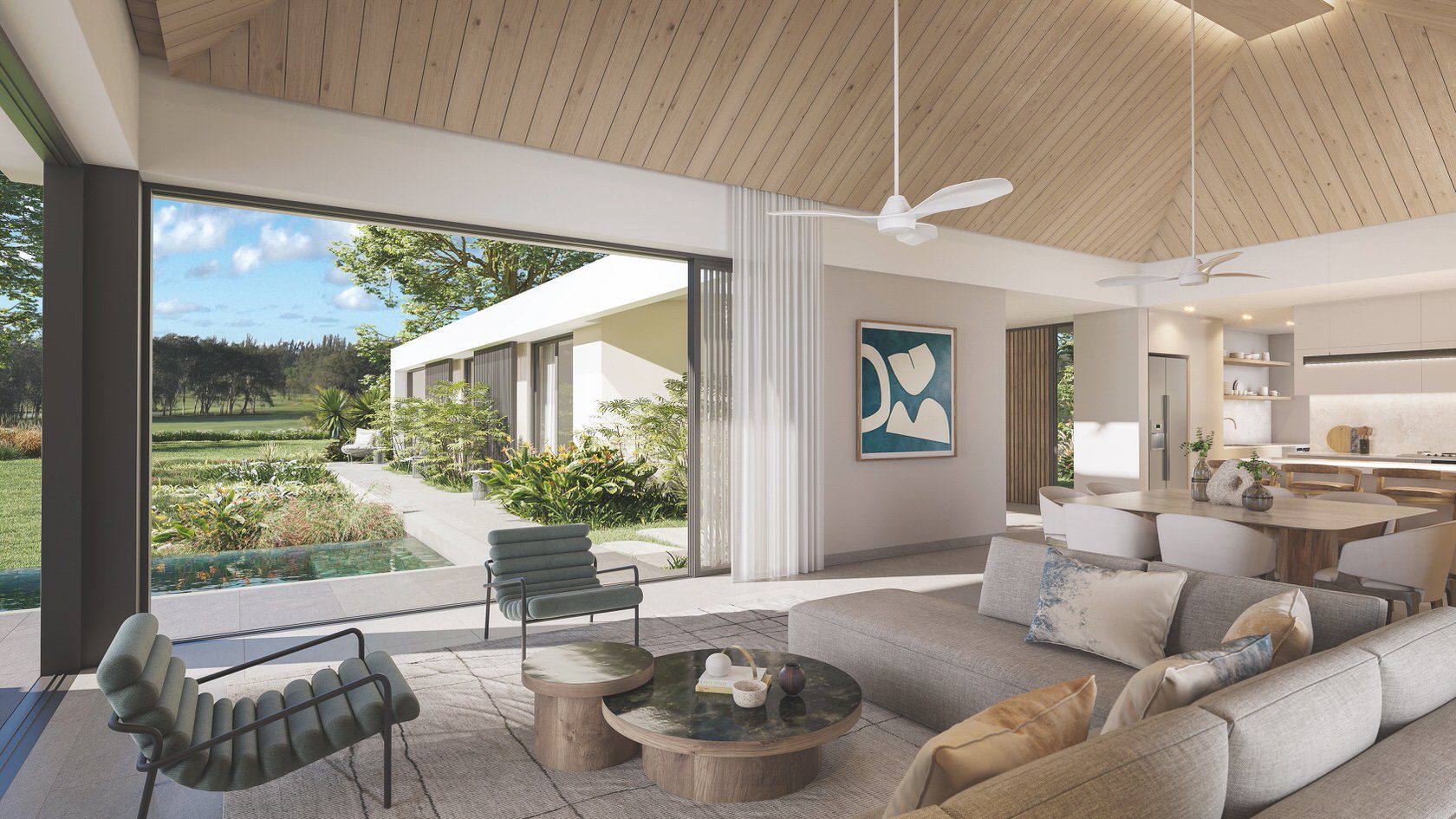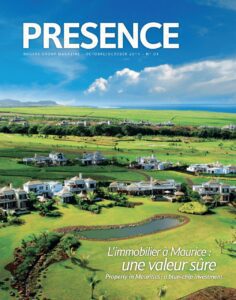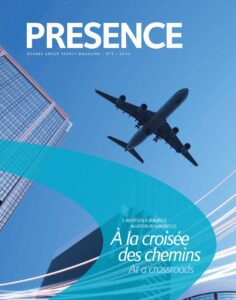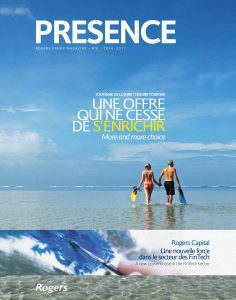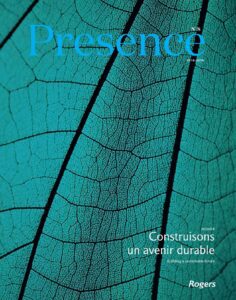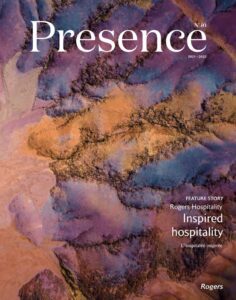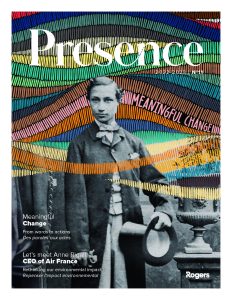Sugarcane has long been the driving force behind development, but this is no longer the case. To reflect this transition, the Compagnie Sucrière de Bel Ombre (CSB0), a Rogers Group subsidiary, has adopted a new name – Agrïa – and has set fresh ambitions for the future. The company has taken the challenge of diversifying its activities to add value to its land and employees. And it’s already showing great potential.
“Our goal is to transform Bel Ombre into a vast tropical agritourism destination where visitors can taste locally farmed produce, visit farm operations and take part in planting or harvesting.” From the outset, Michel Pilot, Chief Executive Officer (CEO) of the Rogers Group Agribusiness sector, spells out new ambitions for the newly rebranded Agrïa. “As a tourist destination, we must reinvent ourselves to keep up with current trends.” The process is driven by the observation that visitors no longer want to passively experience the beauty of a new place; they are searching for an experience that engages all their senses.
As part of the Rogers Group’s strategic plan developed in consultation with consulting firm EY Parthenon, Agrïa has carried out more in-depth thinking and laid out its strategic vision for the next four years. This plan consists in modernising its farming methods (including through sustainable agriculture) and developing its agritourism business.
While agritourism is a key component of this repositioning, Agrïa has not totally renounced its agricultural heritage. On the contrary, its mission now rests on two pillars: production (of local specialities, innovations, renewable energy as well as emotions and experiences) and protection (of nature through its Conservatoire Tropical de la Nature [Tropical Nature Conservatory], the history of the region and land holdings). “Agriculture is back on track, which is very rewarding for our teams with a strong agricultural tradition,” says Michel Pilot.

Focus on diversification
In recent years, Agrïa has gradually moved away from its sugar cane monoculture model to explore new avenues. A small vegetable garden was opened in 2018 in the backyard of Heritage Le Château, then a second 15-acre garden and a nursery the following year.
Given the topography and general winds blowing over Bel Ombre, these full-sun, open vegetable gardens are better suited to growing root vegetables like onions, pineapples, carrots, sweet potatoes, beets, “arouille violette” (taro), cassava and other old-fashioned vegetables. There are also fruit trees such as breadfruit, starfruit and papaya. In addition to producing delicious fruit, they help protect the vegetable gardens from the elements and salty air!
Two 2,500 m² greenhouses will soon be operational in Bel Ombre. They will be mainly used to grow salads and fine vegetables like tomato and cucumber.
Synergy with Heritage Resorts
Agrïa has long been supplying Heritage Le Château, Heritage Resorts and some neighbouring hotels with palm heart and game (deer or wild boars). This informal arrangement has been reviewed and made permanent with the diversification of Bel Ombre’s agricultural operations. Due to growing guest interest in agritourism experiences and healthy food, locally grown produce has gradually found its way onto the menus of Heritage Bel Ombre’s various restaurants.
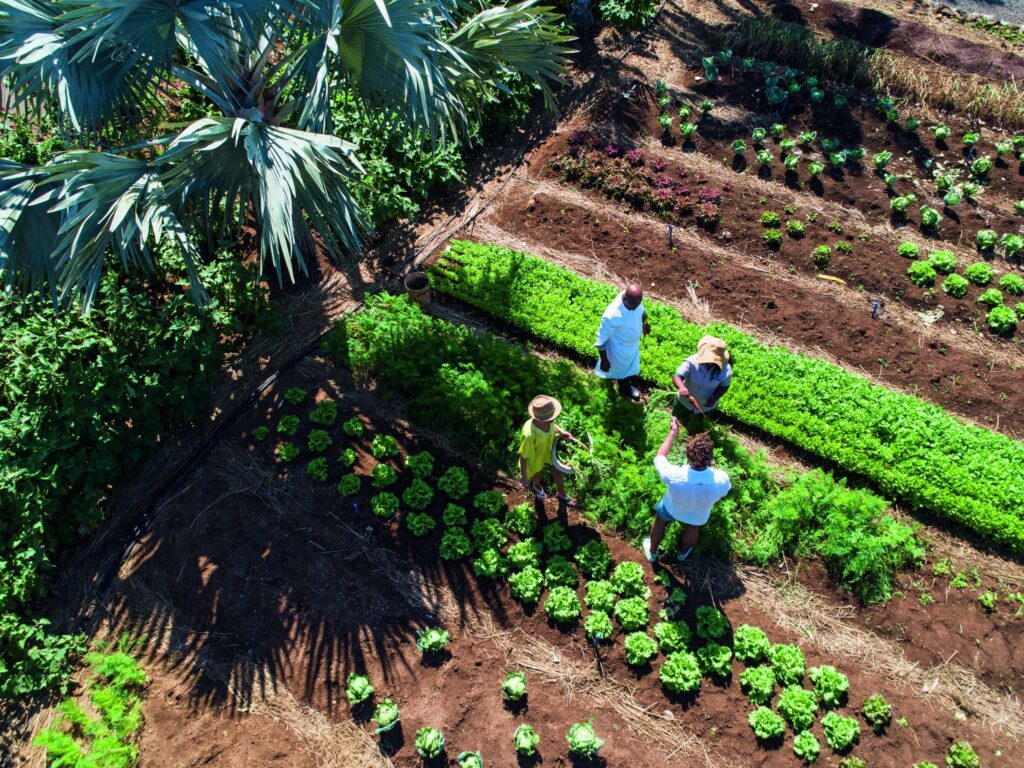
Bel Ombre has witnessed growing guest interest in agritourism experiences and healthy food.
Agrïa – un nom qui évoque l’agriculture, mais aussi Gaïa, la déesse de la Terre.
The renovation of Heritage C Beach Club has even led to a collaboration between Heritage Resorts and Agrïa. As a result, the beach club now boasts a salad bar with balanced, healthy local food. The menu features Batavia, red oakleaf, rocket, romaine and herbs, among others.
Agrïa also monitors a germination cabinet for young shoots in the Heritage C Beach Club kitchens. In the near future, visitors might be attracted not only by the beautiful beaches of Bel Ombre, but also by its fruit and vegetables!
50 000
palm trees will be replanted during the rainy season in January 2020!
People reinventing themselves
The farmers in Bel Ombre are the driving forces behind this diversification. Some of them have long experience and know the land like the back of their hand. Agrïa quickly realised that they had an invaluable expertise and decided to support them through this transition. “There were two types of training for our employees,” says the Chief Executive Officer (CEO) of the Agribusiness sector, Michel Pilot. “The first one relating to smart agriculture was delivered by the Mauritius Chamber of Agriculture, and the second one on organic agriculture was provided through the CIRAD (Centre for International Cooperation in Agricultural Research for Development, editor’s note) from Reunion Island. Enhancing the value of the land means enhancing the value of those who work the land.”

